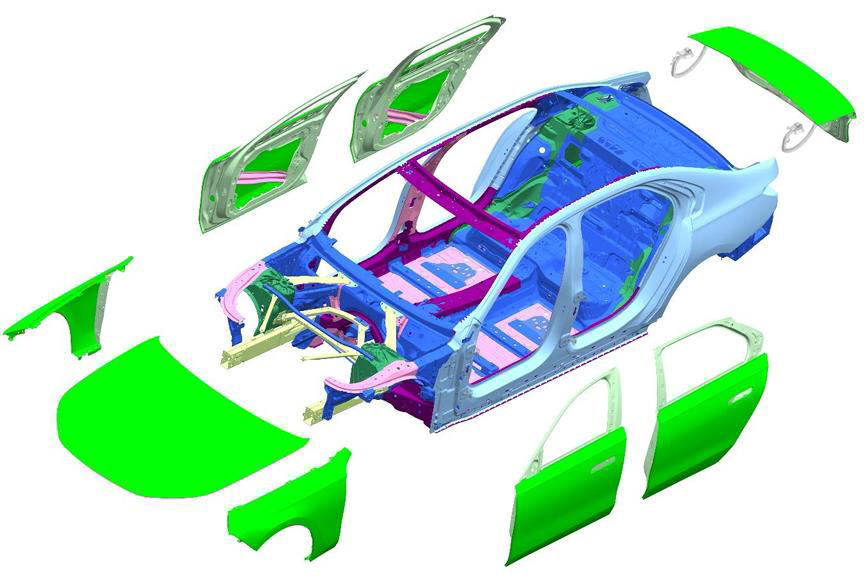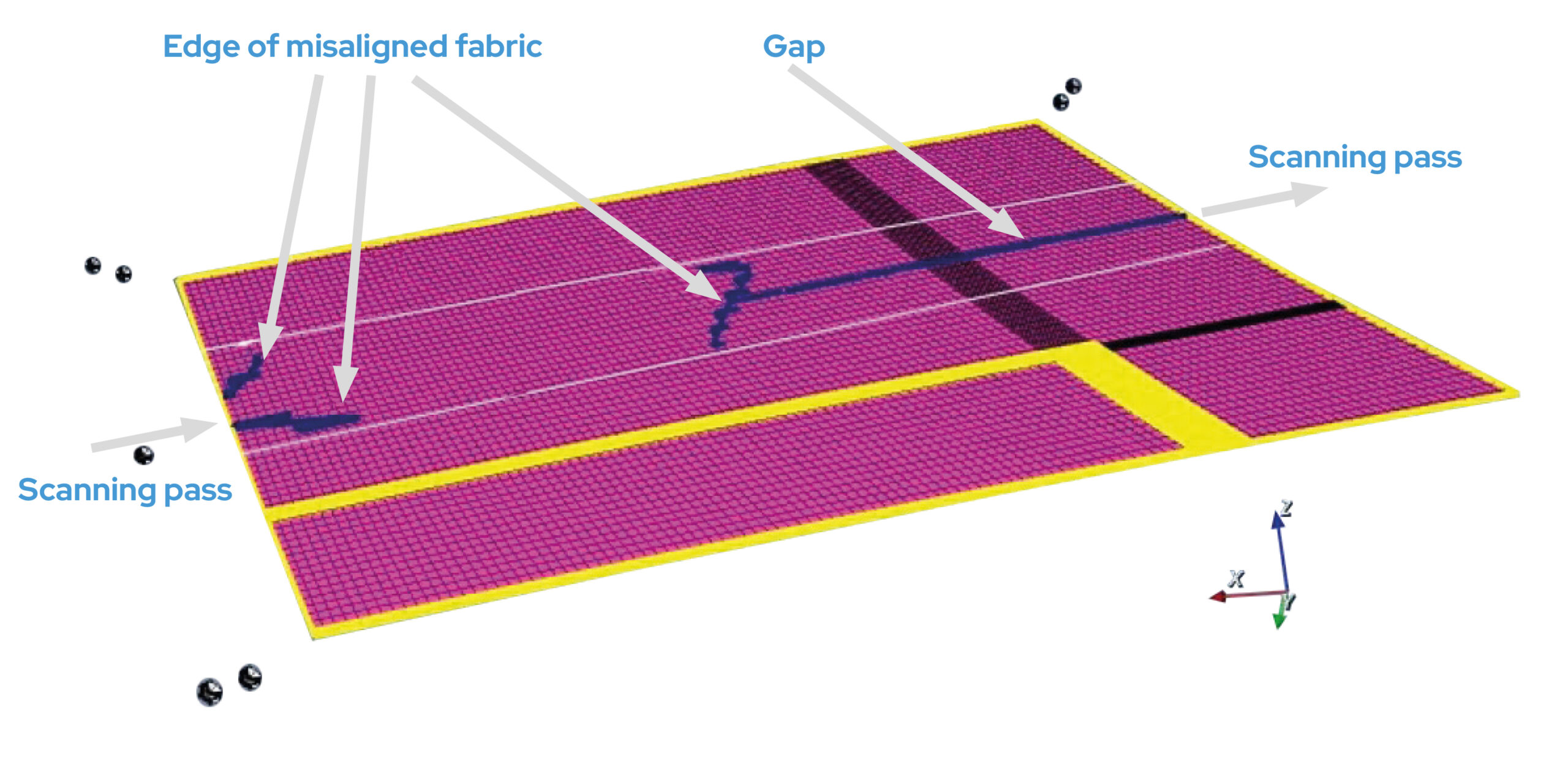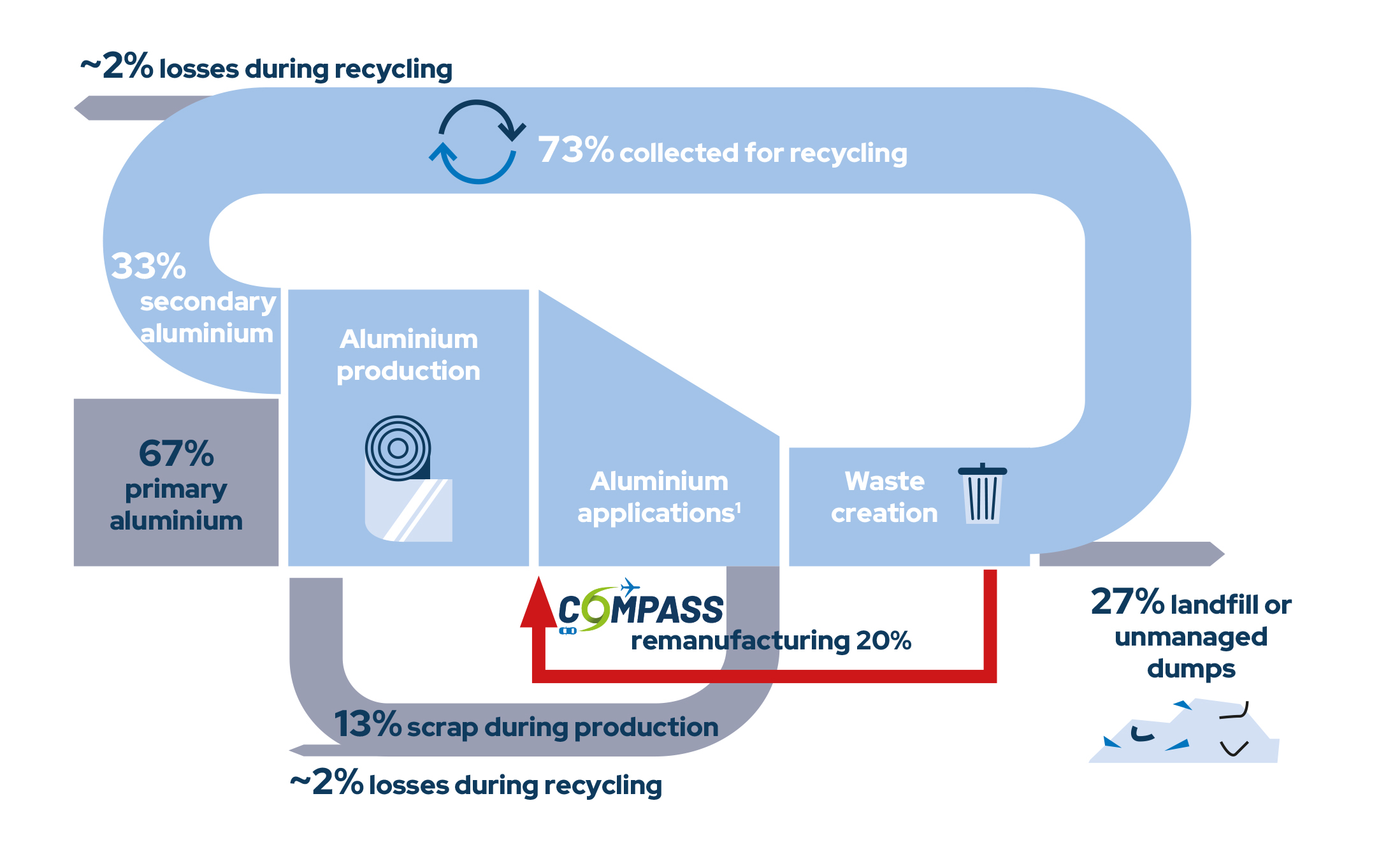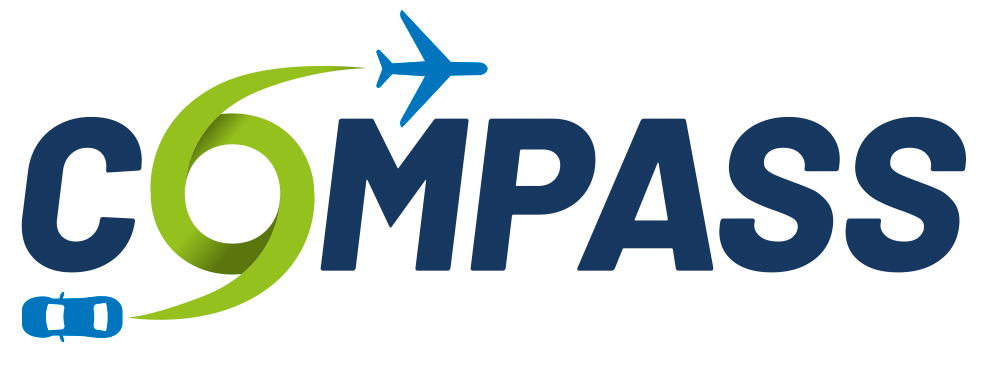The project
COMPASS aims to revolutionize the remanufacturing of sheet metal and thermoplastic composites
significantly reusing material waste for high-quality components production, and promoting a circular economy approach in the aerospace and automotive industries.
- Home
- Project overview
Objectives and Ambition
The target is
to make the re-use,
recycling, recovery
more efficient
The COMPASS project aims at establishing a re-manufacturing process, based on reforming and supported by digital tools, to give components a second life without converting them to raw material.
-
Up to 90% of value lost, today
-
98% end up in landfills


Overall concept
The Digital Product Passport
The overall concept is to develop a digital product passport that contains information about a component, enables the updating of this information along the whole life-cycle of that component, and makes the information available to enable efficient repair and high-quality end of life processes.
Three main modules are:
-
reforming of end-of life parts: the re-manufacturing process will consist of reforming end-of-life parts to give them a new shape;
-
digital component passport: the component passport will act as a container for the data and it will manage the access to the data;
-
tools for updating and using the digital component passport. These tools particularly address processes and decision- making during manual (MRO) operations, dismantling and re-manufacturing.
Outcome
The shortcut
The COMPASS project aims at taking a shortcut from end-of-life waste to a new application
through a remanufacturing process based on reforming. The COMPASS project aims also at a technology that allows such direct reuse for thermoplastic composites.
The project outcomes are:
-
suitably scaled green and digital technologies supporting remanufacturing, for circular value chains in industrial ecosystems;
-
remanufacturing of both components and products towards full circularity while retaining value or functions of components;
-
skills and education capabilities for remanufacturing.

Impact
A wider impact
addressing the digitalisation of value chains, by establishing a digital product passport that includes a 3D model of the component to enable its efficient, high-quality remanufacturing through (thermo-)forming processes. Moreover:
-
aerospace industry and CO2 savings through lightweight parts;
-
accelerate the twin green and digital transition of the manufacturing sector;
-
ensuring the recycling of high-quality alloys in non-aerospace sectors;
-
digital tools to make wind energy more green
-
standards for data exchange and use of secondary raw materials;
-
safety of aerospace spare parts;
-
new Business models;
-
social Impact – keeping humans in the loop;
-
environmental Impact – saving energy, CO2 and raw materials.
of private investments in technology development and implementation of remanufacturing process
increase in value of materials
of sheet metal parts and thermoplastic composite panels remanufactured
the outlook in savings CO2
Get Started
Ready to supercharge
the value chain?
During the duration of the project there will be exchanges and insights.
If you are interested, contact us!
